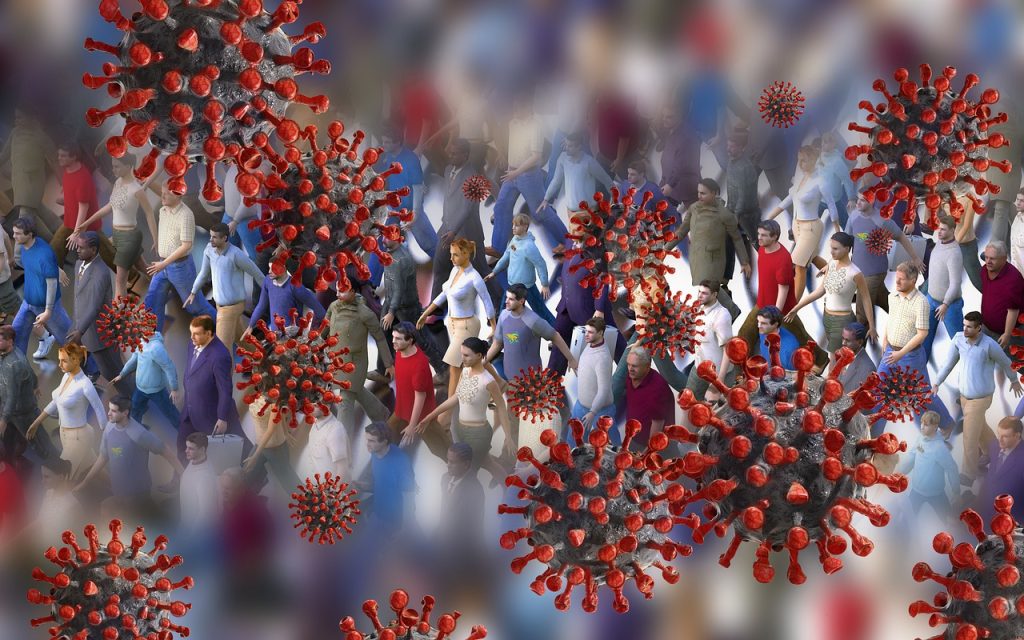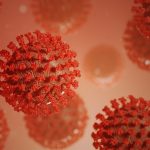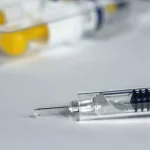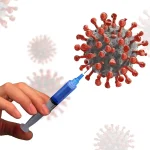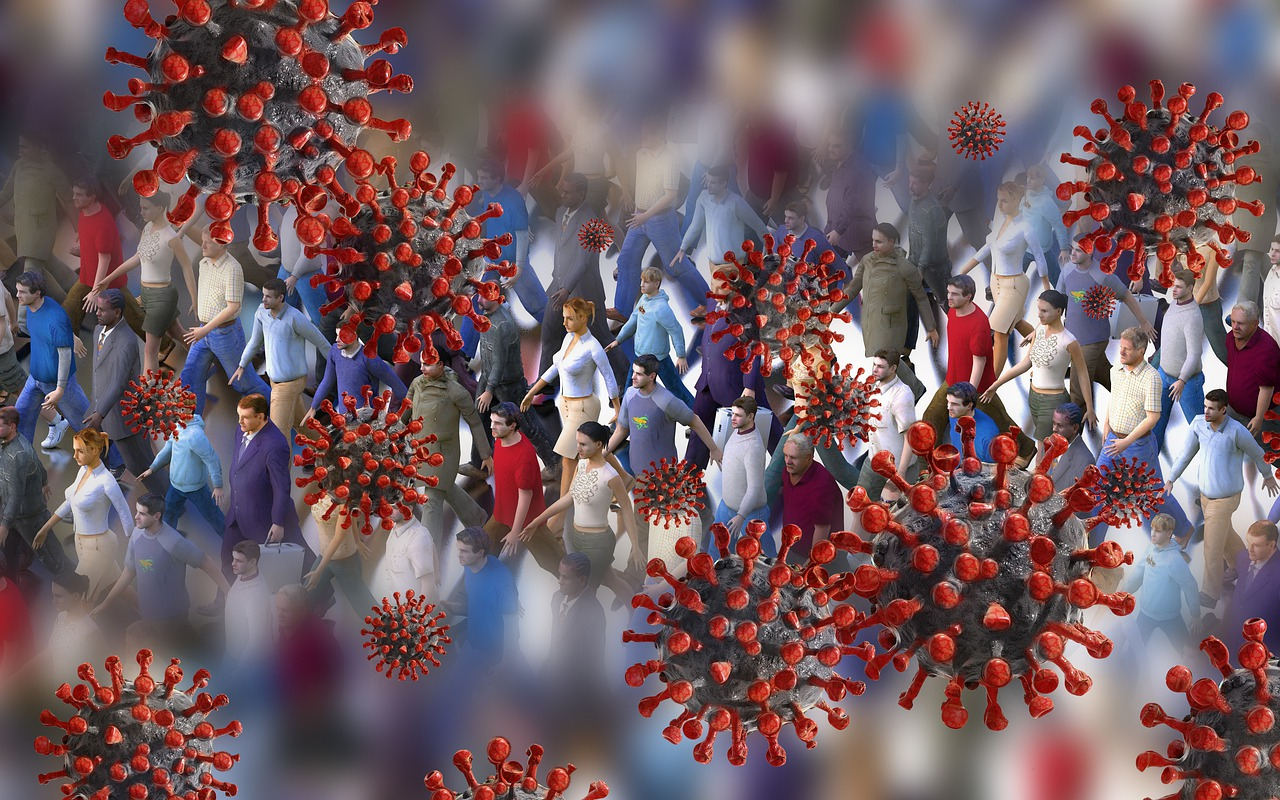
ZAGREB, Dec 11, 2020 – Croatian Public Health Institute (HZJZ) director Krunoslav Capak has said that the number of new coronavirus infections is still high, as is incidence, and that more than 50% of employees of care homes and their residents as well as medical workers want to get vaccinated.
“Our figures are still high and they differ from county to county. Varazdin County continues to have the worst statistics, with incidence being almost twice as high as the average incidence in the country,” Capak said on Friday at a news conference held by the national COVID-19 response team.
The latest figures show that there are 4,396 new infections out of 11,687 tests. A week ago, on December 4, there were 3,955 infections out of 10,626 tests and a week before that, on November 27, there were 4,080 new cases out of 11,091 tests, said Capak.
The current 14-day incidence for the entire country is 1,183 per 100,000 population, while Varazdin, Medjimurje and Krapina-Zagorje counties have the highest incidence.
Istria, Dubrovnik-Neretva and Pozega-Slavonia counties have much lower incidence rates.
The only other EU country that has a higher incidence than Croatia is Luxembourg, according to Capak.
As for the mortality rate, Croatia is currently 16th in the EU, with a rate of 580.7 per one million inhabitants.
As for the share of positive tests in the total number of tests, in the last 14 days it has been 35.6%, and the total rate so far has been slightly above 23%, Capak said.
Antigen testing in Varazdin County, care homes
Capak also said that rapid antigen testing was underway in Varazdin County, that currently workers of the Calzedonia company were being tested and that of the 339 tests done, 10 had returned positive, which was a rate of less than 3%.
Testing has also started in care homes, and information on that will be provided on a weekly basis, the HZJZ head said.
As for the new criteria of the European Centre for Disease Control, according to which the results of fast antigen tests should be added to the number of confirmed infections as of December 3, Capak said that the ECDC did not pass laws.
He cited the example of Slovakia, where over a period of two weeks, two-thirds of the country’s population were tested with rapid antigen tests and those results were not included in official statistics. 38,000 infections were found and daily figures ranged between 2,000 and 3,000, he said.
“Other countries act the same way as well, so this (ECDC criteria) is not a law. For the time being, we are carefully monitoring both sets of figures,” Capak said.
Speaking of the relaxation of restrictions, Capak said that it was difficult to predict how the situation would develop, adding that there was no formula to calculate how cold weather and longer stay indoors would affect the figures.
He also stressed that many European counties that had announced relaxation of restrictions and opening of ski resorts had given up on such plans due to the bad epidemiological situation.
More than 50% of residents of care homes, medical workers want to get tested
As for vaccination lists, Capak said that the national COVID-19 team had requested family doctors and the HZJZ to provide them with data relevant for vaccination roll-out planning.
More than 50% of staff and residents of care homes are interested in getting vaccinated, and the situation in similar in health institutions for which data are available, Capak said.
Vaccination will be conducted according to priority, not all medical workers will be vaccinated but those who are in direct contact with COVID-19 patients, notably those exposed to aerosols, said Capak.
As for the storing of vaccines, Capak said that there were no problems with that and that the entire quantity of the Pfizer vaccine can be stored at the Institute of Immunology, KBC Rebro hospital and the Rudjer Boskovic Institute, while county HZJZ branches have additional storage capacity.

